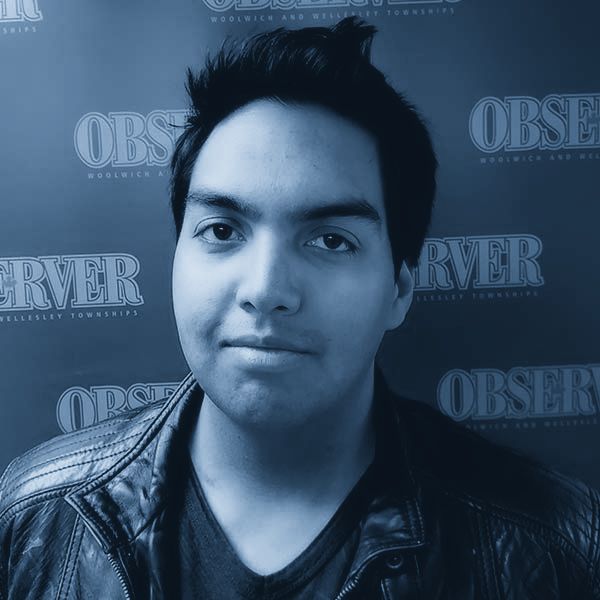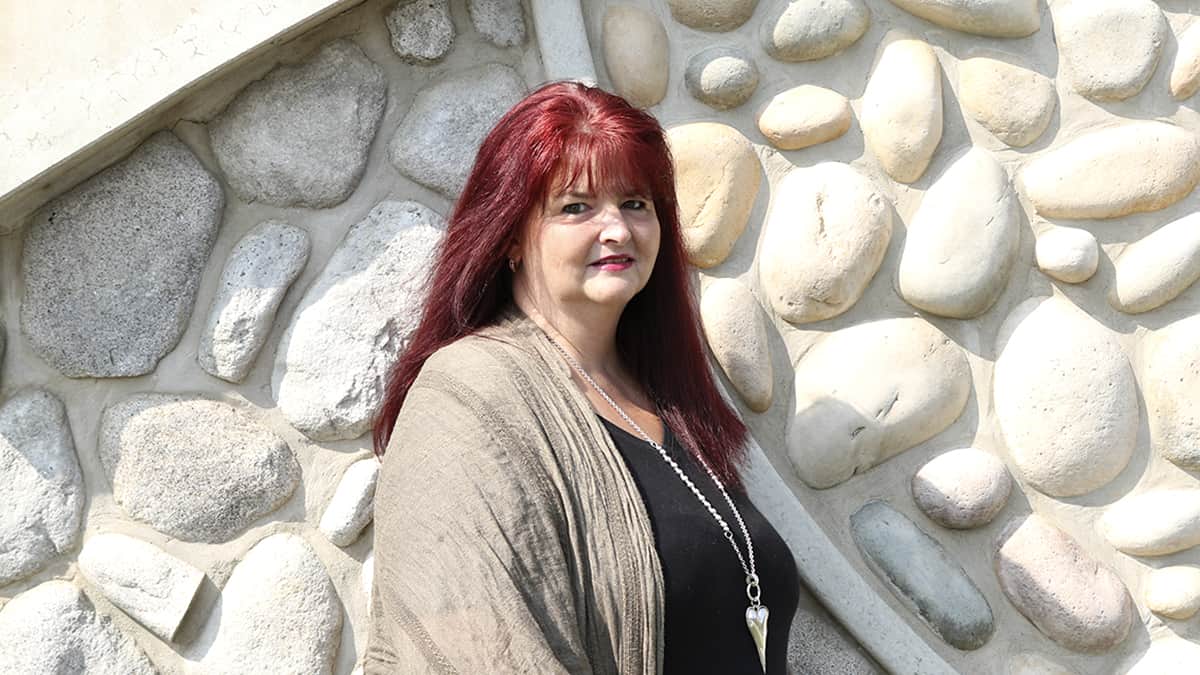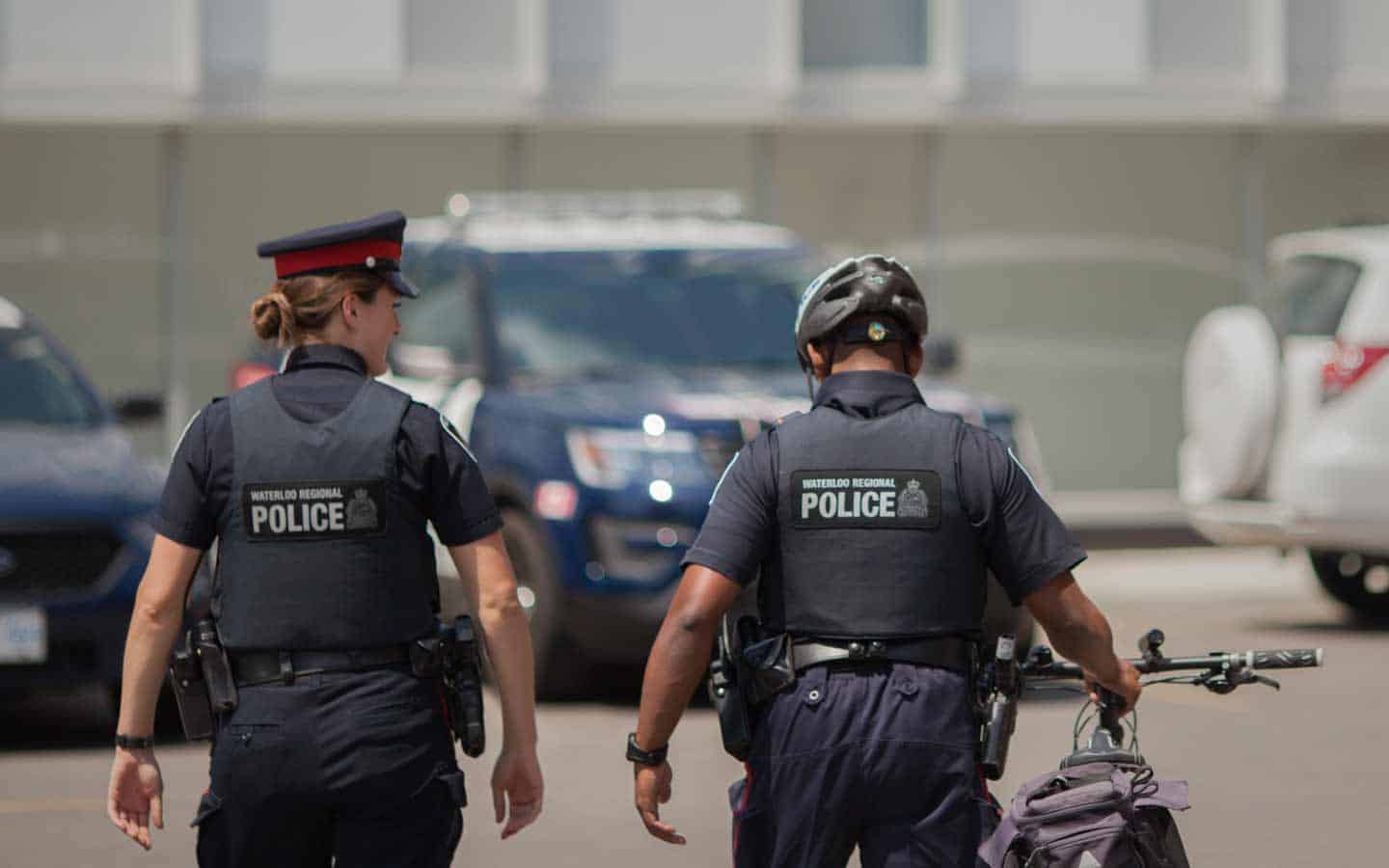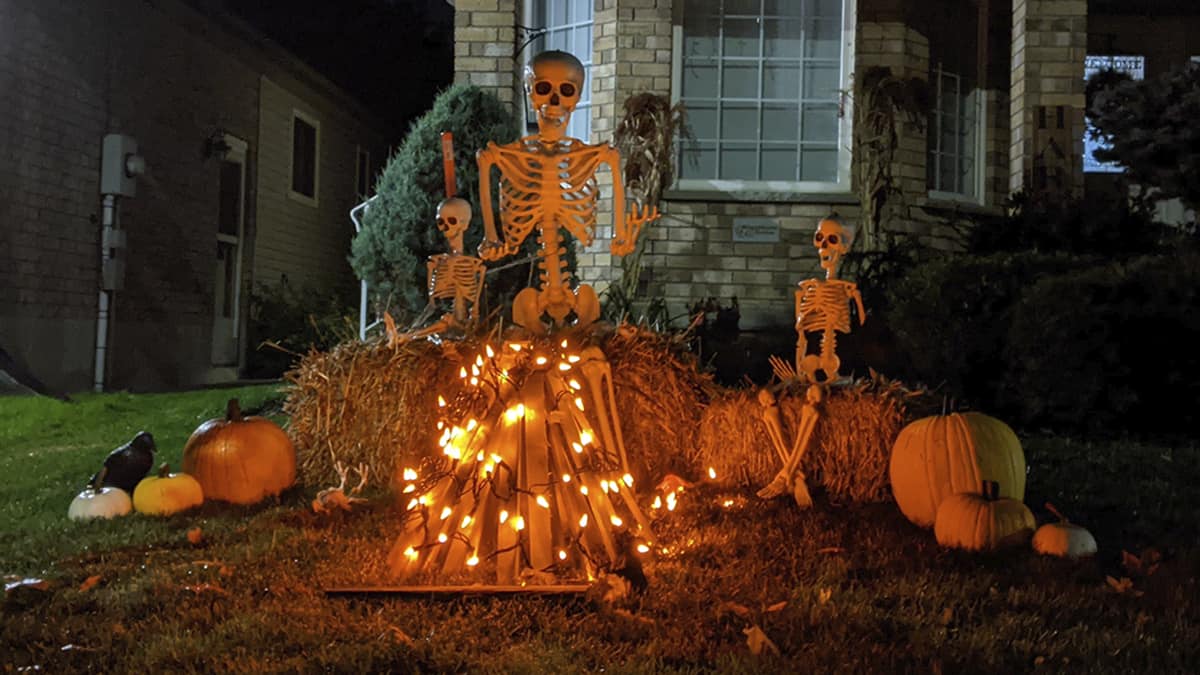Anxiety by definition is the body’s response to stress, a feeling of fear over what is to come. In normal times, people may have felt anxiety over a big game, a job interview, or even the first day of school. All of these things were completely normal to feel a little bit of apprehension over, however, with the COVID-19 pandemic currently in its second wave there are more and more things which are causing and increasing number of people to feel anxiety.
Whether the anxiety stems from the potential for losing a job, contracting the virus or struggling to figure out how to make ends meet, Laura McShane says the pandemic crisis is not something anyone planned for, a situation that causes yet more anxiety.
“A global pandemic has created a lot of stress and anxiety for people. It’s certainly not what any of us had planned when we were sitting around on New Year’s Eve, thinking about the year ahead. It’s a global pandemic, so it’s impacted every single one of us in some way. It can cause feelings of powerlessness and maybe hopelessness. Because it’s really interfered with the regular patterns of our lives and it’s changed how we live, to a degree, and caused most of us probably to worry about what does this mean for the future of our families, our friends, our kids ourselves,” said McShane, coordinator for mental health promotion and education services with the Canadian Mental Health Association of Waterloo-Wellington.
She says normally one in five people are living with a mental health illness, but because of the pandemic she now estimates that five in five people are now struggling in one way or another.
“We’re all struggling to some degree because of the uncertainty, but we do know that more people are struggling with their mental health and relying on maybe unhelpful or unhealthy coping mechanisms. Use of substances, drinking alcohol more, maybe engaging in risk taking behaviours, isolating themselves more, [or even] not having the capacity to reach out. It’s those unhelpful coping mechanisms [that are leading to more anxiety].
Speaking during a webinar with the Woolwich Community Health Centre, McShane suggested some tools people could use to help manage that anxiety they are feeling, one of which was to manage the things that we have control over in our lives.
“If we’re engaged in a board game or we’re reading a book, or we’re cooking and baking, or creating something doing something crafty or artistic, our minds are otherwise engaged. Worrying and worrying and worrying 24 hours a day is not healthy for anybody. So, if you have specific fears related to COVID-19, it’s about focusing on those things that you can do, not about the things that you don’t have any control of,” she said. “Watching the news and social media [consider] how are you being judicious about what you’re watching. Are you watching the news 24 hours a day, seven days a week, or reading every story that pops up on Twitter or Facebook? That’s a lot of input of potentially traumatic information for people, scary information because these are unprecedented times. So, if that’s all that we’re putting into our brain, of course we’re going to feel more anxious.”
She says reaching out to other people whether by phone, letter or video chat can help as well as connecting with those who are unable to get out or contact people can help tremendously.
She also suggests using mindfulness as a way to escape the anxiety by living in the moment and focusing on whatever task it is you may be working on.









